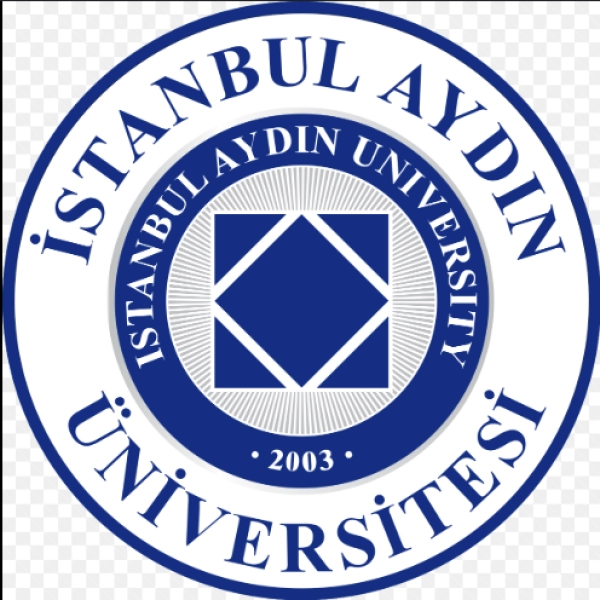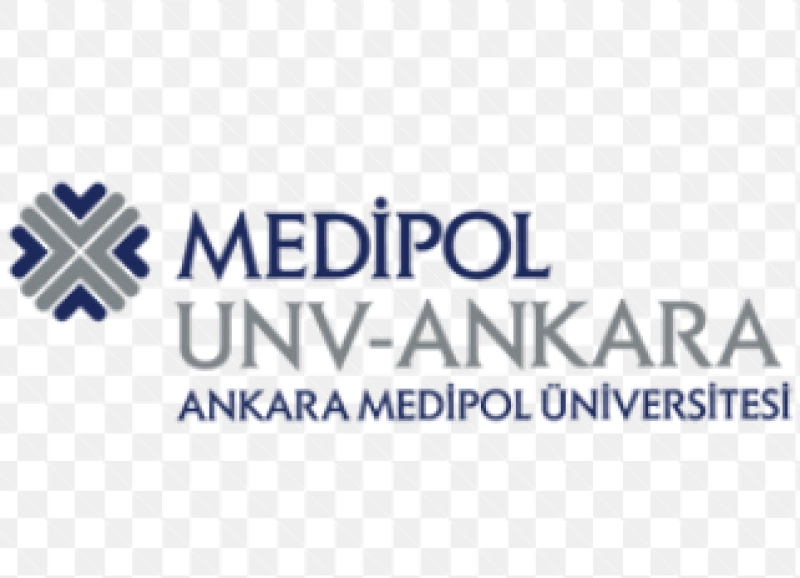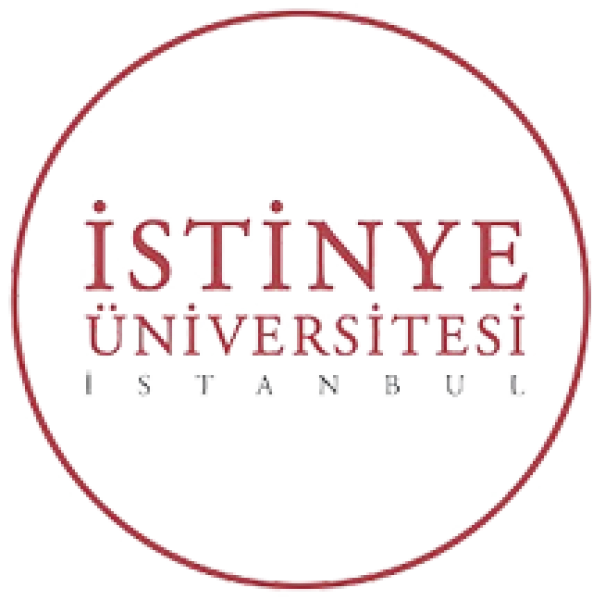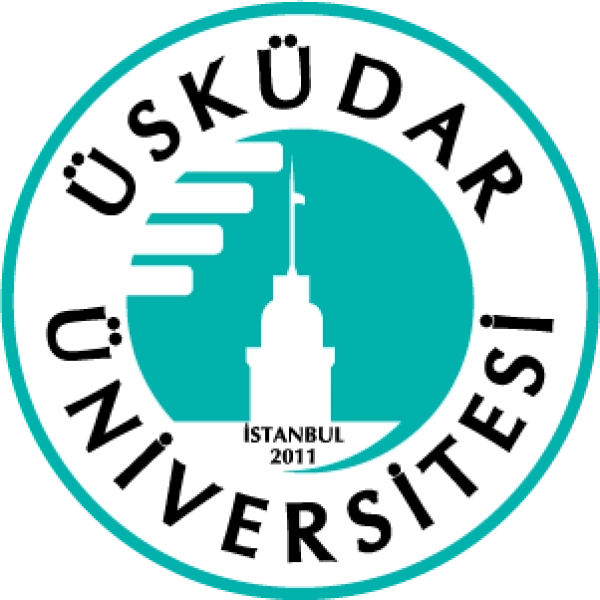Faculty: Medicine
The field of medicine focuses on the diagnosis, treatment, and prevention of diseases and injuries. Students develop skills in medical sciences, clinical practice, patient care, and medical research. Graduates are prepared to work as doctors, specialists, researchers, and healthcare managers in hospitals, clinics, research institutions, and public health organizations.
Learning Objectives:
- Understand the basics of medical sciences and clinical practice.
- Develop skills in anatomy, physiology, pathology, pharmacology, and clinical medicine.
- Learn techniques for diagnosing and treating diseases and injuries.
- Explore the principles of patient care, medical ethics, and public health.
- Analyze and interpret medical data and research findings.
- Develop critical thinking, problem-solving, and clinical skills for effective medical practice.
Main Curriculum:
- Introduction to Medicine
- An overview of key concepts, principles, and practices in medicine.
- The basics of medical sciences, clinical practice, and healthcare systems.
- Anatomy and Physiology
- Principles of anatomy and physiology, including the structure and function of the human body.
- Techniques for understanding and applying anatomical and physiological knowledge in medical practice.
- Pathology
- Principles of pathology, including the study of diseases, their causes, and effects on the body.
- Techniques for diagnosing and understanding disease processes.
- Pharmacology
- Principles of pharmacology, including the study of drugs, their effects, and therapeutic uses.
- Techniques for prescribing and managing medications.
- Clinical Medicine
- Principles of clinical medicine, including patient evaluation, diagnosis, and treatment planning.
- Techniques for providing comprehensive medical care to patients.
- Medical Ethics and Professionalism
- Principles of medical ethics, including ethical decision-making, patient rights, and professional behavior.
- Techniques to support ethical and professional standards in medical practice.
- Public Health
- Principles of public health, including disease prevention, health promotion, and community health.
- Techniques to address public health issues and improve population health.
- Clinical Trainings/Internship
- Real-world experiences in medical settings, including clinical trainings, internships, and practical practice in hospitals or clinics.
- Application of acquired skills in practical medical scenarios.
- Research Methods in Medicine
- Principles of research methods in medicine, including study design, data collection, and analysis.
- Techniques for conducting and evaluating medical research.
- Graduation Project in Medicine
- A comprehensive project applying skills in medical sciences, clinical practice, or medical research.
- Presentation of a polished medical project, research paper, or presentation.
Assessment Methods:
Studies of anatomy and physiology, pathology reports, pharmacology projects, clinical medicine plans, medical ethics analyses, public health initiatives, clinical training/internship reports, research methodology papers, graduation projects, group projects, and presentations.
Recommended Textbooks:
- "Medicine" by various authors.
- "Anatomy and Physiology" by various authors.
- "Pathology" by various authors.
- "Pharmacology" by various authors.
- "Clinical Medicine" by various authors.
- "Medical Ethics and Professionalism" by various authors.
- "Public Health" by various authors.
- "Research Methods in Medicine" by various authors.
Prerequisites:
Basic knowledge in biology, chemistry, and physics. Suitable for students interested in medical sciences, clinical practice, and healthcare.
Duration of the Program:
The study duration for obtaining a Doctor of Medicine degree is typically 4 to 6 years, including preclinical and clinical stages, followed by residency and specialized training. Additional advanced degrees or certifications may be required for specialized roles.
Certification:
Graduates may earn a Doctor of Medicine degree and pursue additional education, residency programs, and professional certifications, such as board certification in various medical specialties.
Target Audience:
Aspiring doctors, medical specialists, researchers, and healthcare managers seeking to work in hospitals, clinics, research institutions, and public health organizations. This program equips students with the scientific, clinical, and patient care skills necessary to excel in medicine and support careers across various medical and healthcare settings.




















